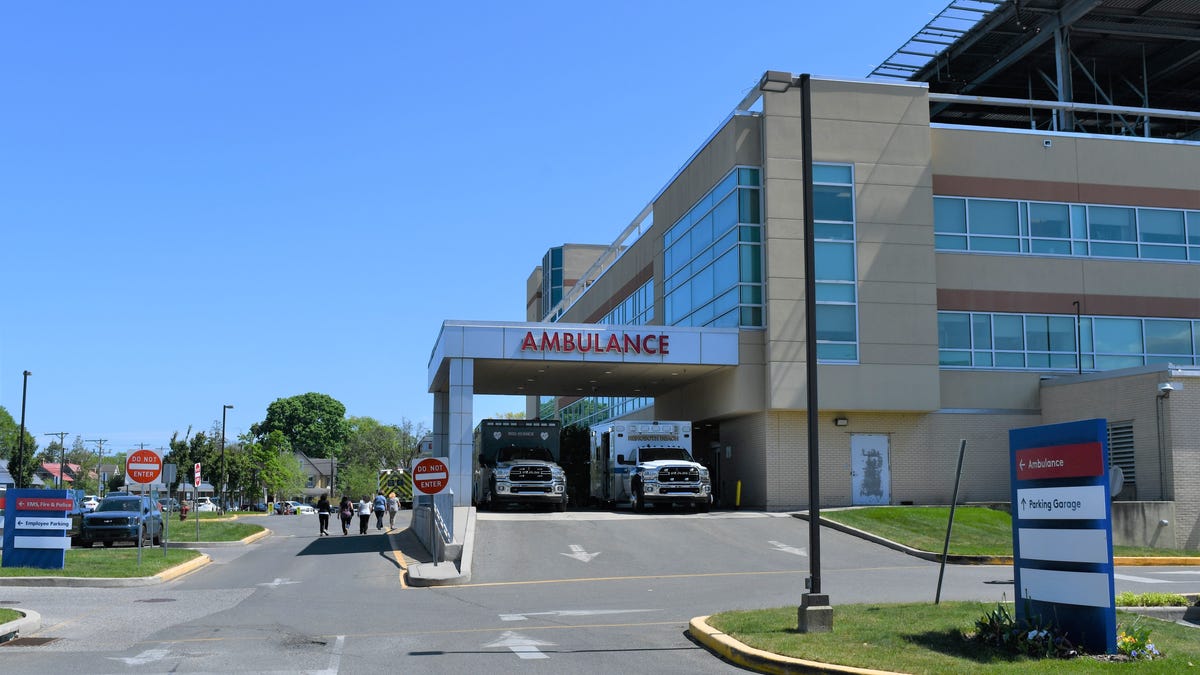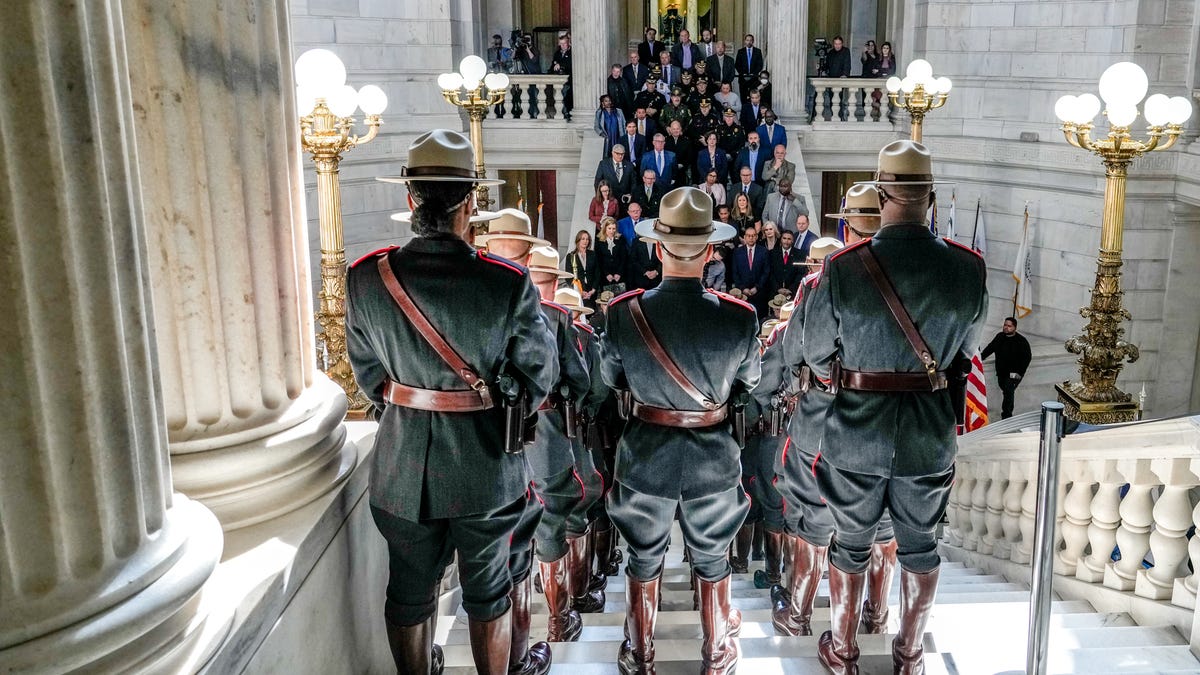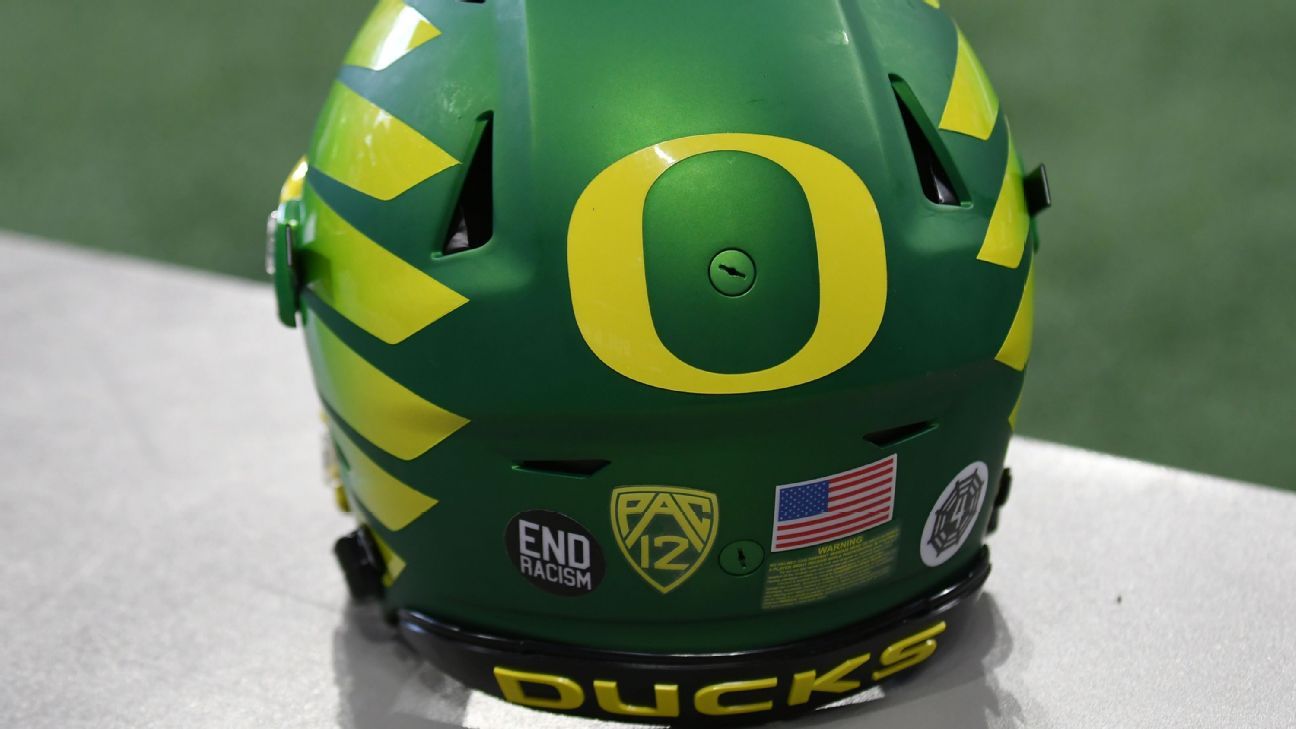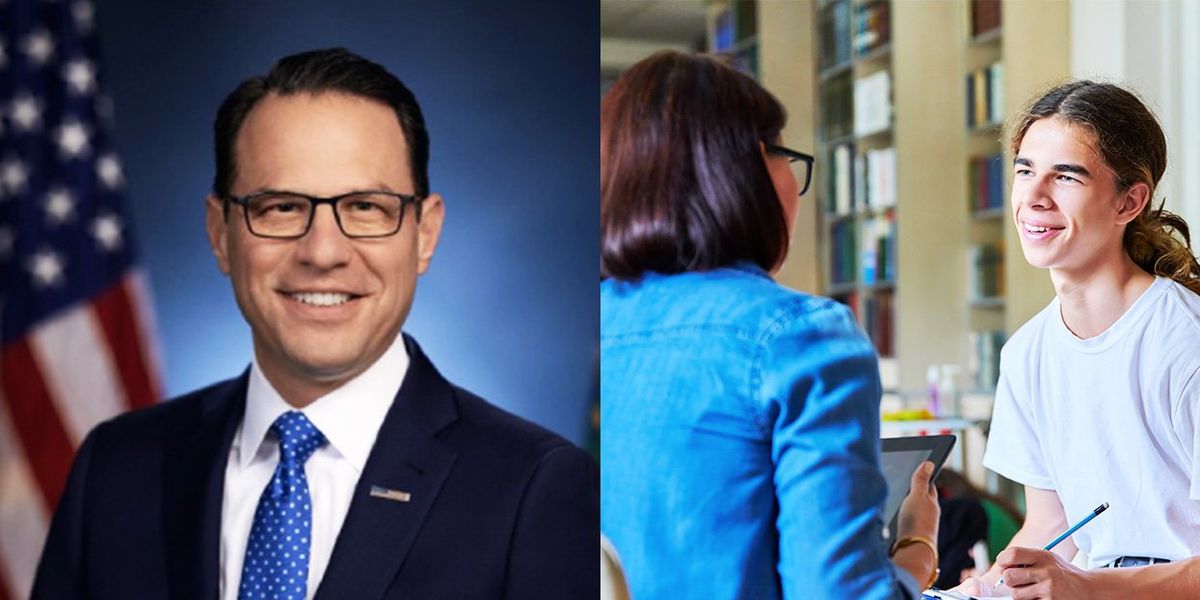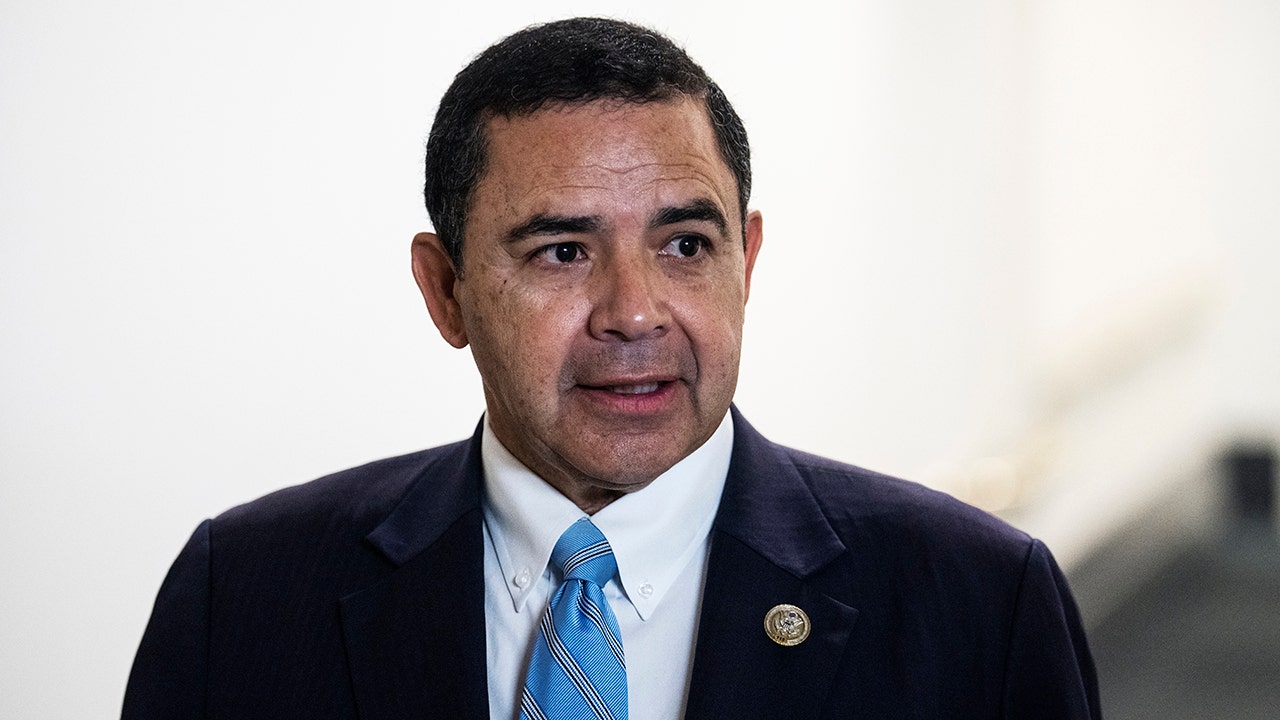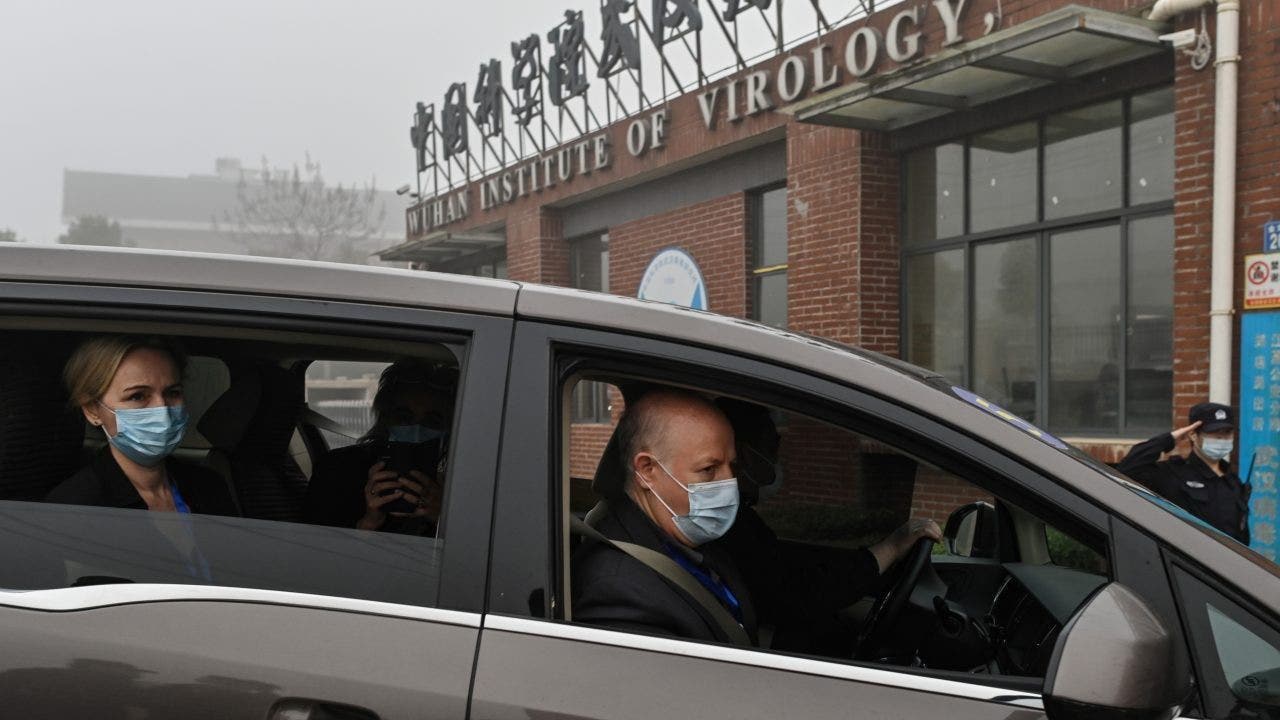West Virginia
Body found on Greenbrier Street identified
/cloudfront-us-east-1.images.arcpublishing.com/gray/SZAGLN3LMBD3PIPCRRNXAL3VHM.jpg)
CHARLESTON, W.Va. (WSAZ) – Charleston Police have identified a woman who’s body was found by an inmate work crew earlier this year.
Charleston Police say Tamber Bernelle Johnson, 31, from Falling Waters, West Virginia, was found Feb. 21, 2023, along Greenbrier Street in Charleston wrapped in a blanket.
Lt. Tony Hazelett says Johnson was identified though the FBI National Index System last week.
Officials say no foul play is suspected.
Johnson’s family described her as transient, saying they last heard she was in Florida but did not communicate with her often.
For previous coverage >>> CLICK HERE.
Keep checking the WSAZ app for the latest information.
Copyright 2023 WSAZ. All rights reserved.

West Virginia
West Virginia declares state of emergency over FAFSA chaos
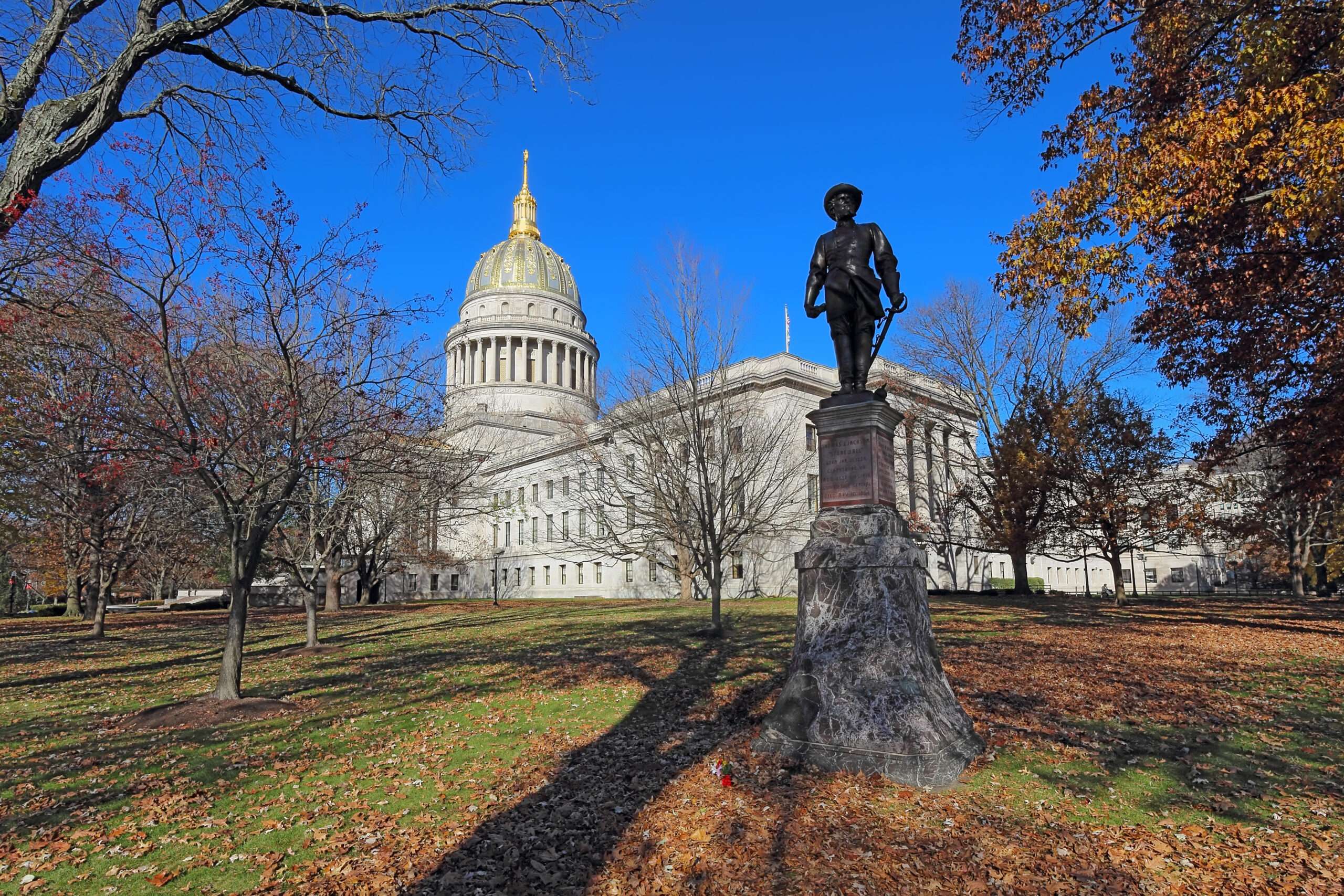
On Tuesday, West Virginia Gov. Jim Justice (R) declared a state of emergency over persistent issues with the Free Application for Federal Student Aid (FAFSA) form. The financial aid form, which is required for any college students seeking federal grants or loans—not to mention financial aid at most colleges—has been plagued with technical bugs since its rollout in December.
As part of the state of emergency, Justice has lifted the state’s requirement that students submit the FAFSA form in order to receive major state grants.
“I don’t believe any other state in the nation has gone this far, but I simply cannot and will not stand by as money sits on the table that could be helping our students continue their education,” Justice said in a press release. “There’s only so much outreach you can do when students can’t complete the form due to issues only the federal government can control. We have been left with no choice but to suspend the FAFSA requirement for our state financial aid programs.”
As part of the 2020 Consolidated Appropriations Act, the Education Department was directed to create a streamlined version of the FAFSA form. On December 31, 2023, the department finally released the new form—more than two months later than FAFSA’s usual release date and without extending the deadline for completion. While the updated form was much shorter than previous versions, it was also inundated with technical bugs.
FAFSA’s own website details dozens of errors in the form since its release date—some that persisted for months, preventing students from completing the form at all. In March, the Education Department even announced that around 200,000 complete forms had been miscalculated, leading colleges and the government to offer students more financial aid than they were eligible for.
In a typical year, around 17 million students fill out the FAFSA form, but as of mid-April successful form completions are down 29 percent. That means millions of students who would typically complete the form are likely to miss out on financial aid for college.
How is West Virginia going to know who is eligible for state grants without FAFSA? According to Tuesday’s press release, students can show they’re eligible for the need-based Higher Education Grant by providing their school with a letter showing they qualify for one of several state welfare programs (like Medicaid or the Supplemental Nutrition Assistance Program). Students who previously received the grant don’t have to prove eligibility again.
The governor’s executive order also lifts the FAFSA requirement for a handful of other state educational grants, though it isn’t clear if students will need to complete additional steps in place of FAFSA to receive funding.
Justice’s executive order highlights just how disastrous this year’s FAFSA rollout has become—and sends a powerful signal that, if the federal government can’t make good on its promises, individual states can take matters into their own hands.
West Virginia
Alaska, Delaware, and West Virginia are the only states that still don't have a single billionaire resident
- Alaska, Delaware, and West Virginia aren’t home to any billionaires, Forbes reported.
- California, in comparison, has nearly 200 billionaires.
- This is despite nearly 800 billionaires living in the US, per estimates.
Alaska, Delaware, and West Virginia are the only states that still don’t have a single billionaire resident, according to a new report by Forbes.
The outlet on Thursday released its latest ranking of the richest residents of every state. Many of the findings were unsurprising: Elon Musk claims the title for Texas, Mark Zuckerberg for California, and Michael Bloomberg for New York.
As of December, nearly 800 billionaires lived in the US, according to a report by investment-migration consultancy Henley & Partners.
But three states don’t have any billionaires listing them as their primary residence.
Intuit CEO Brad Smith — no, not the Microsoft president of the same name — isn’t far off, however. Forbes estimates that the West Virginia resident, who’s also the president of Marshall University, was worth about $900 million as of March.
And Delaware’s Elizabeth Snyder, whose family’s manufacturing company developed and patented Gore-Tex, is worth about $800 million, per Forbes’ estimates.
But Alaska is still a long way from having a billionaire resident.
The two richest people in the state, Jonathan Rubini and his family and Leonard Hyde and his family, are both worth around $400 million each, per Forbes’ estimates. Rubini and Hyde cofounded JL Properties, a commercial real estate developer.
To be clear, Alaska, Delaware, and West Virginia are among the least-populated states in the US. According to Census Bureau estimates for 2023, Alaska was the fourth-smallest state or district in the US by population, Delaware was seventh-smallest, and West Virginia was 13th-smallest.
And the states with the most billionaires — California, followed by New York and Florida, per Forbes’ ranking — are three of the four most populous states. California has 197 billionaires, per Forbes data from March.
But there are many more factors that contribute to how many billionaires a state has than just its population. California has a swathe of multi-billion-dollar tech companies; New York is home to Wall Street and top law firms; and Florida is building its reputation as a hub for financial-services companies as well as a playground for the superrich.
And where the wealthy choose to live is changing, too. The pandemic has contributed to what Henley & Partners dubs a “millionaire remix,” with more rich people living in cities including Texas state capital Austin, Scottsdale, Arizona, and West Palm Beach, Florida.
West Virginia
West Virginia lied to get pandemic loan while in prison – WOUB Public Media
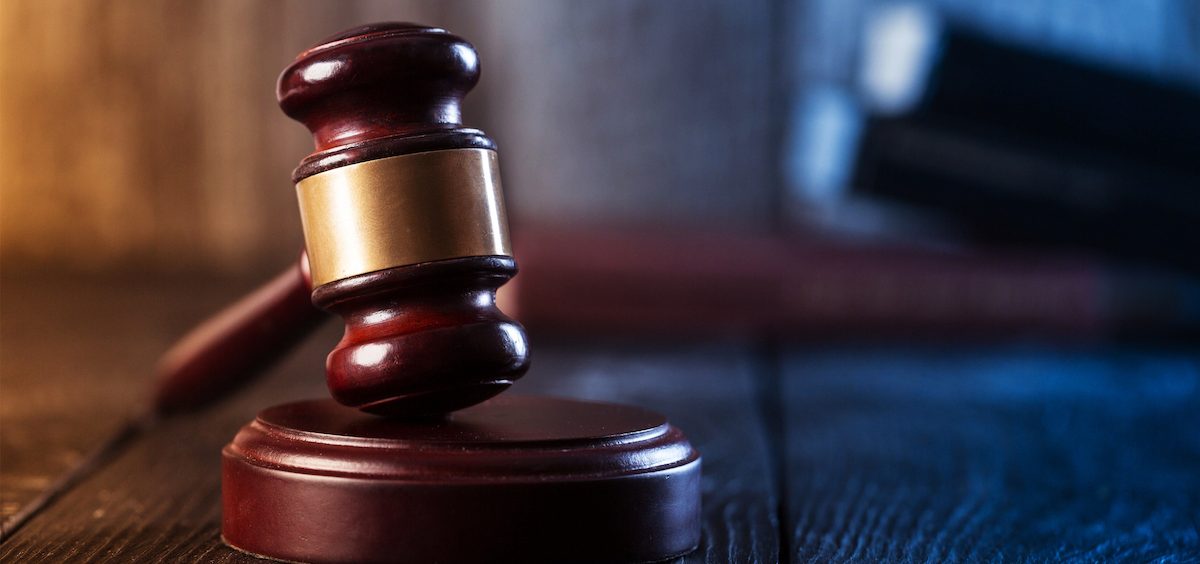
A West Virginia man claims he operated a food truck to get a pandemic loan. Prosecutors say he was an inmate
By: Associated Press
Posted on:
< < Back to
WHEELING, W.Va. (AP) — A West Virginia man who obtained a government pandemic loan after falsely claiming he was operating a food truck despite being an inmate at the time has been sentenced to more than 13 years in prison, prosecutors said Wednesday.
Anton Demetrius Matthews, previously convicted of wire fraud, cocaine trafficking and a supervised release violation, was ordered in federal court in Wheeling to pay $55,000 in restitution and a money judgment of $50,000, prosecutors said.
Matthews, 40, of Wheeling, obtained nearly $50,000 in federal pandemic relief loans after misrepresenting his income and occupation while he was incarcerated, U.S. Attorney William Ihlenfeld said in a statement.
A U.S. government pandemic loan was granted to businesses that were struggling during coronavirus.
Matthews submitted a pandemic loan application in which he claimed to have established a food truck business in Wheeling in January 2019. He was in federal prison from November 2016 until October 2020. After his release from prison, Matthews sold cocaine from a neighborhood bar on Wheeling Island, the statement said.
“We have noticed an uptick in drug traffickers who are also engaging in white collar crime, committing acts such as COVID fraud or income tax fraud,” Ihlenfeld said. “Mr. Matthews is a good example of this trend, and he will pay a steep price for committing two serious, but very different, crimes.”
-

 News1 week ago
News1 week agoLarry Webb’s deathbed confession solves 2000 cold case murder of Susan and Natasha Carter, 10, whose remains were found hours after he died
-

 World1 week ago
World1 week agoHaiti Prime Minister Ariel Henry resigns, transitional council takes power
-

 News1 week ago
News1 week agoFirst cargo ship passes through new channel since Baltimore bridge collapse
-

 World1 week ago
World1 week agoUS secretly sent long-range ATACMS weapons to Ukraine
-

 World1 week ago
World1 week agoSpanish PM Pedro Sanchez suspends public duties to 'reflect'
-

 News1 week ago
News1 week agoAmerican Airlines passenger alleges discrimination over use of first-class restroom
-

 Movie Reviews1 week ago
Movie Reviews1 week agoHumane (2024) – Movie Review
-

 Education1 week ago
Education1 week agoVideo: Johnson Condemns Pro-Palestinian Protests at Columbia University

